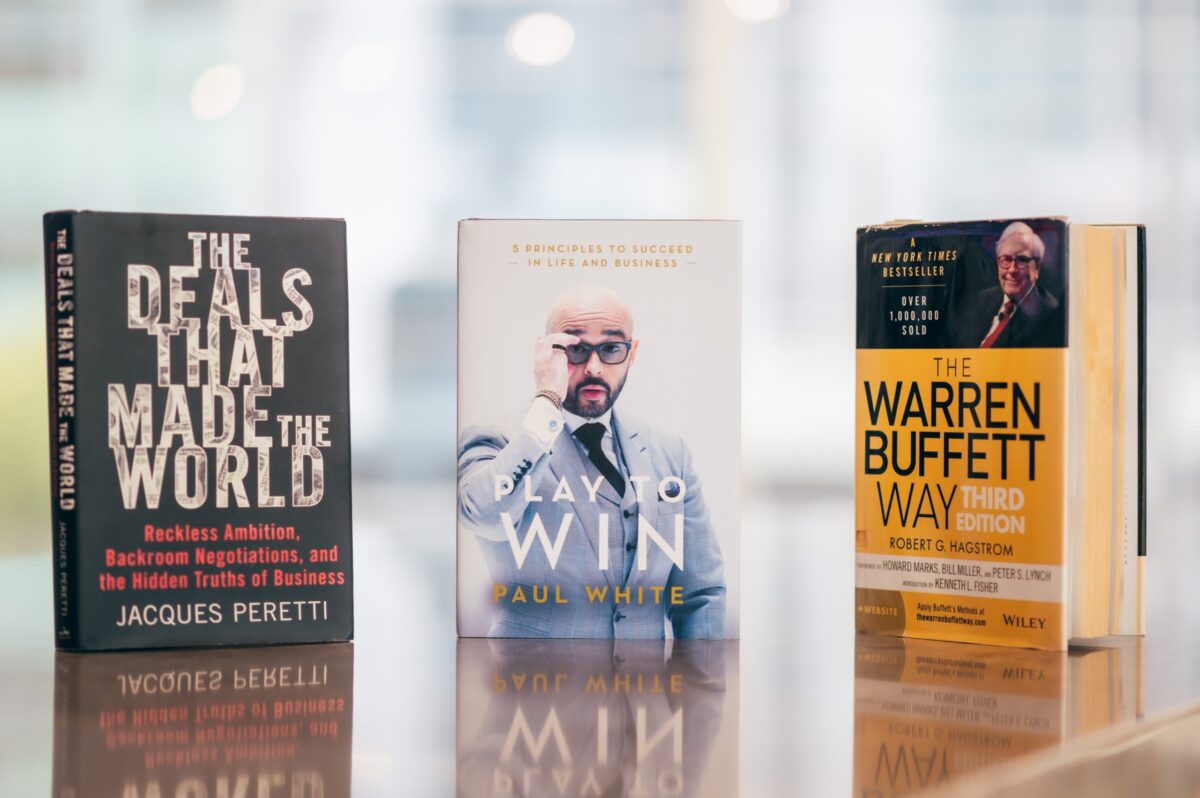No products in the cart.


Have you ever looked back at something you did, such as a decision you made or something you said, and wondered why you did it that way? You may feel surprise or regret. It might not even be a big deal, and yet, you spend a lot of your time thinking about it.
Now if it were a big decision that did not work out as intended, you might even beat yourself up about it. Mentally of course. And it might also affect you emotionally. Now don’t get me wrong, reflecting is a good thing. It’s how you reflect that is the issue.
Two questions that get us stuck:
Do you ask yourself one of these questions?
- Why did I do it?
- What if…?
Both questions can get you stuck in a story you are telling yourself about who you are and why you did something. We waste so much time looking back and wishing we’d done something different, or looking ahead, worrying about the outcome before we even figure out how to do it.
Looking back with regret and ahead with fear, both get us stuck, wasting time and affecting not only our productivity and performance, but also our emotional, mental and physical health and wellbeing.
What does the mind have to do with it?
The mind believes what we tell it.
Consider the classic story about two monks walking on the path at dusk, talking about how their journey might get dangerous if they do not make it to town before it is dark. All of a sudden, one of the monks point toward the bend in the road ahead, stops and says, “I think there is an animal there on our path.” The other monk stops and looks and says, “Yes, I see it. It is sitting there waiting for us. Maybe it’s a tiger.” So they jump behind the tree to hide. As they peek out from behind the tree, the animal is still sitting there waiting for them. As the night comes, they are more and more scared, and they stay behind the tree, peeking out from time to time but as it gets dark they can no longer see the road. Eventually, they fall asleep behind the tree from sheer fatigue.
The next morning as the sun rises, the two monks talk about what to do. As they look out from behind the tree, they realized the tiger is still there waiting for them, except the tiger is not a tiger, but a boulder on the side of the road.
What is the change we can make?
Our unconscious mind is our best friend. It protects us from harm and helps us get what we ask for. It will do what we tell it to do and it will try to find the answers we are asking for, often without our help. Even in our sleep, our unconscious mind works on our questions. That is why it is so important to become mindful about how we interact with our unconscious mind.
The mind-gut connection
Have you ever gotten up in the morning feeling a pit in your stomach, but you are not quite sure why? All you know is that a pit in your stomach tends to warn you that something is not quite right or maybe even dangerous.
Some scientists say our mind is in our gut, some say our second brain that is in our gut. Point is – our brain and gut are interconnected, because all the neurotransmitters in our gut send messages to our brain. It is part of our warning system, the one that has kept us alive for centuries, however it is also how we mis out on taking charge of our thoughts. Now we tend to call it our mind because it is the consciousness of mind, rather than just the organ that is the brain.
Our mind is extremely powerful
Our unconscious mind also does not really understand the difference between something happening in real-time or a story being told about what could happen. Now this is actually a good thing if we use that knowledge mindfully. It is how athletes train themselves to break records and it is why visualization can be extremely powerful. It is also how we can bury ourselves in anxiety and fear. It is how movies draw us into the experience that is happening on the screen. And it is how we can create change.
Ask for what you want
So what is not working about the questions I shared?
- Why did I do that? Your mind will give you all the reason why you messed up.
- What if I do that? Your mind will come up with all the reasons why it might not work, if your question comes with a grain of fear or dash of doubt.
Of course, we have to be aware of the possible dangers and things that can go wrong, but we should use it as information to plan what to do about it if it does not work, rather than fuel stories about why we might fail.
We need mindfulness
Mindfulness helps us ask better questions about we need to focus on to get what we want.
Our mind automatically looks for danger. In today’s world, we call it “what is not working” or the negative. Studies have shown that 70% of our mind-activity automatically looks for “danger.” It worked great when a tiger was lurking, but that tiger is not a boulder in the office hallway. That tiger has become your boss, your teammates, your clients, your projects, your problems.
Most people go to work every day spending far too much time looking for what is not working and who is not doing what they were supposed to do. The modern-day version of the tiger is stress.
Use AAA
Acknowledge & Accept: This happened and it did not work. Accept how you feel about it, but don’t get sidetracked into telling stories about why it happened. This part is important because this is where we tend to get stuck in wishing it were different… if I had only… then…. Or telling stories like… see that happened because I am …. (usually something nasty we tell ourselves like stupid and not good enough).
Ask: How can I…. What will help me…. What do I need so I can…. And notice what your gut is telling you. Learn to trust the connection between your gut and your mind. Not intuition, but information based in your unconscious wisdom.
Act: Choose the best way forward, even if it is not within your comfort-zone, to get the result you want.
Mindfulness in action means:
- Learn to ask questions.
- Learn to listen.
- Learn to act, not react.
You can use this to work with yourself and with your team. When we can bring more mindfulness into the workplace, we can learn to work better and perform at our best without burning out. We can nourish relationship and fuel a culture where we spend our time working on solutions to problems rather than getting stuck in the problems. A culture that feeds our need to belong, contribute and be successful.
To learn more about how to re-think performance and create a culture of care: jeanettebronee.com
Photo by Emily Morter on Unsplash









